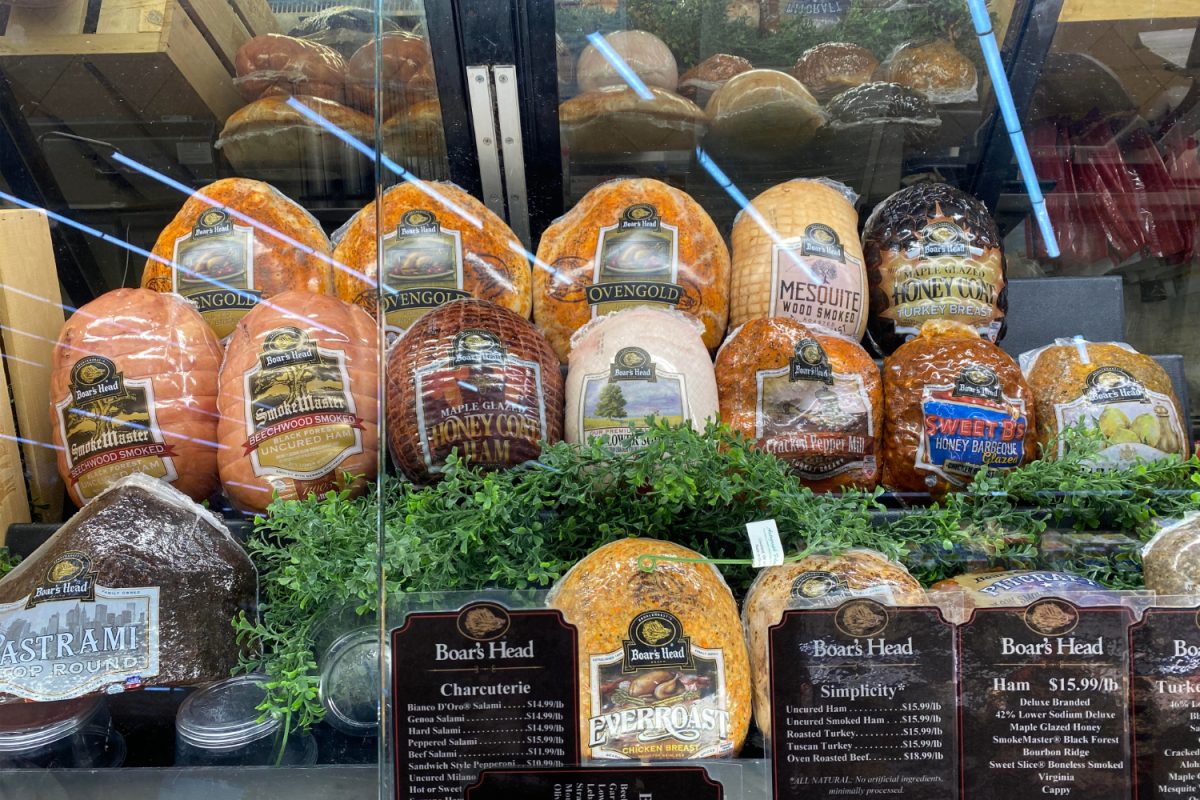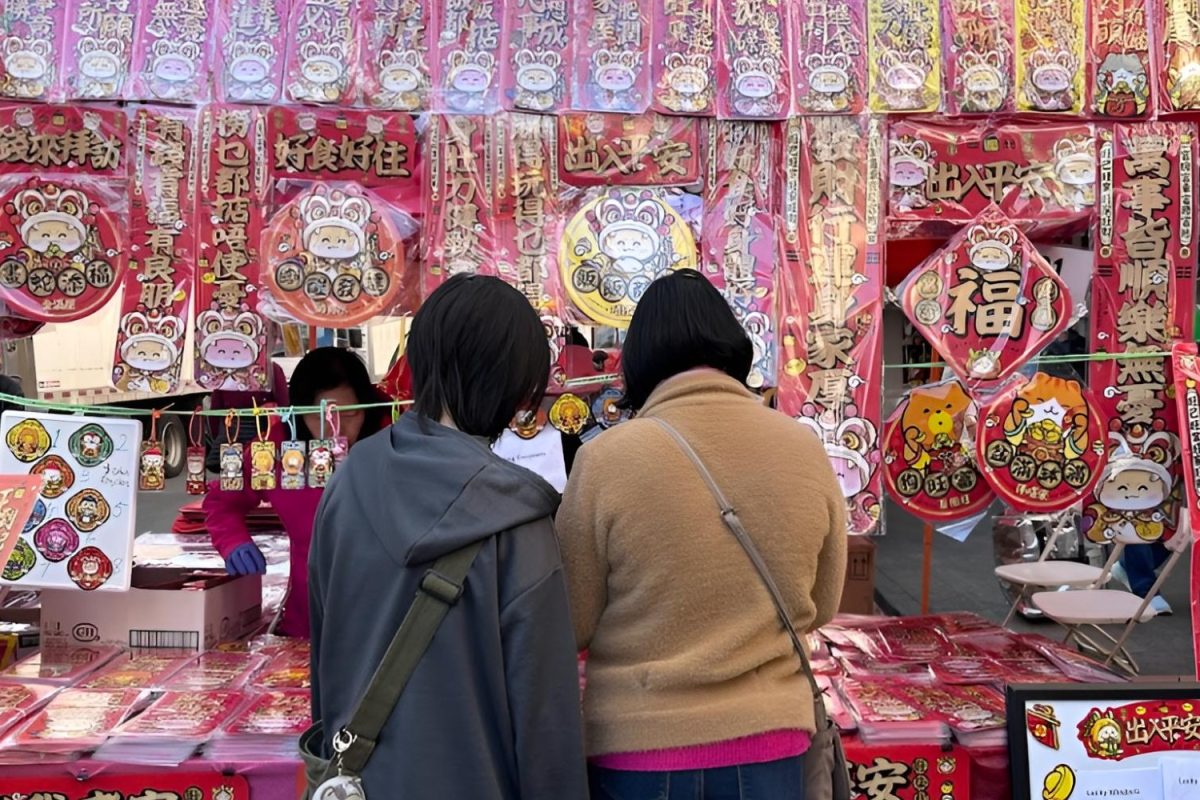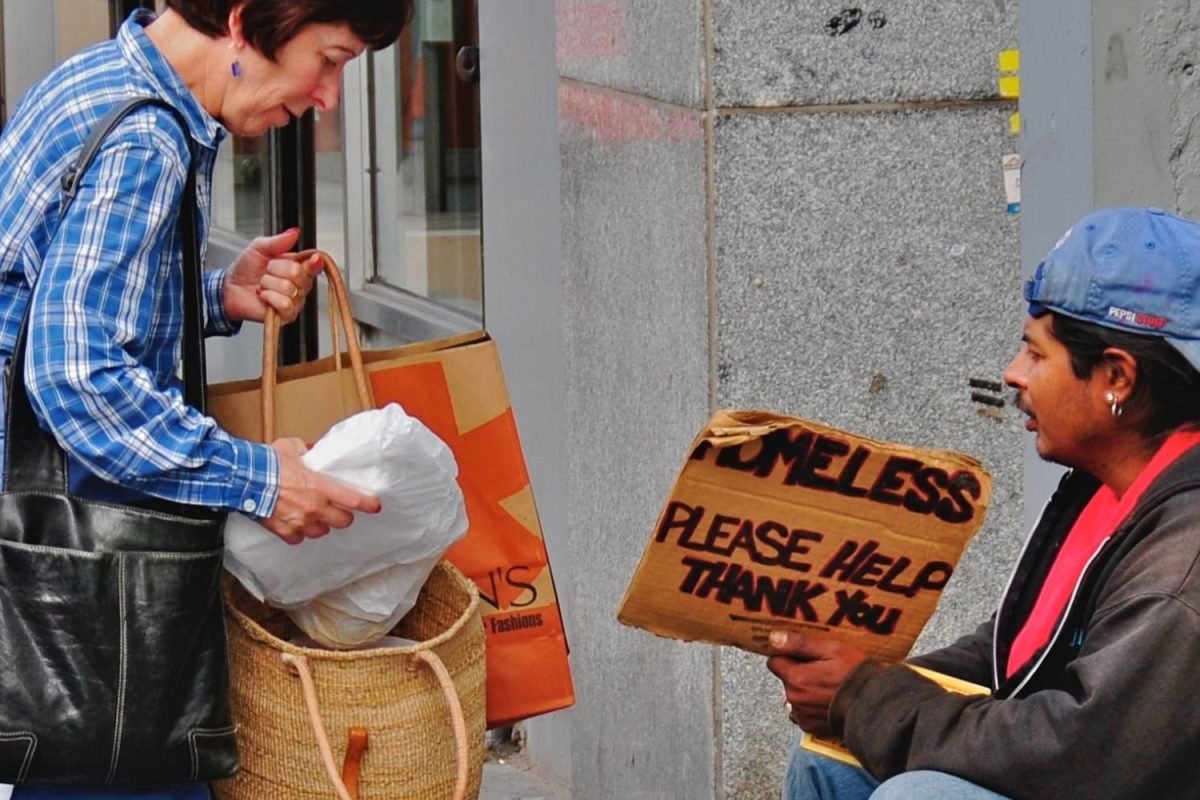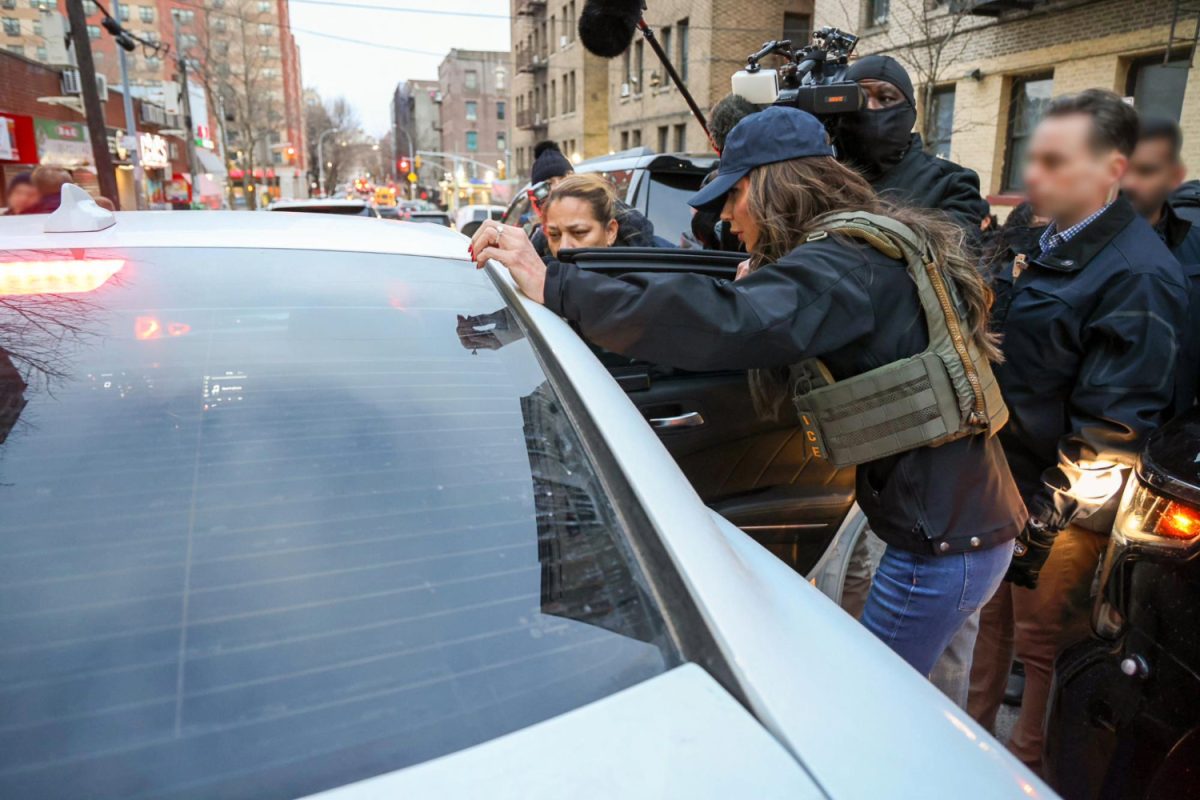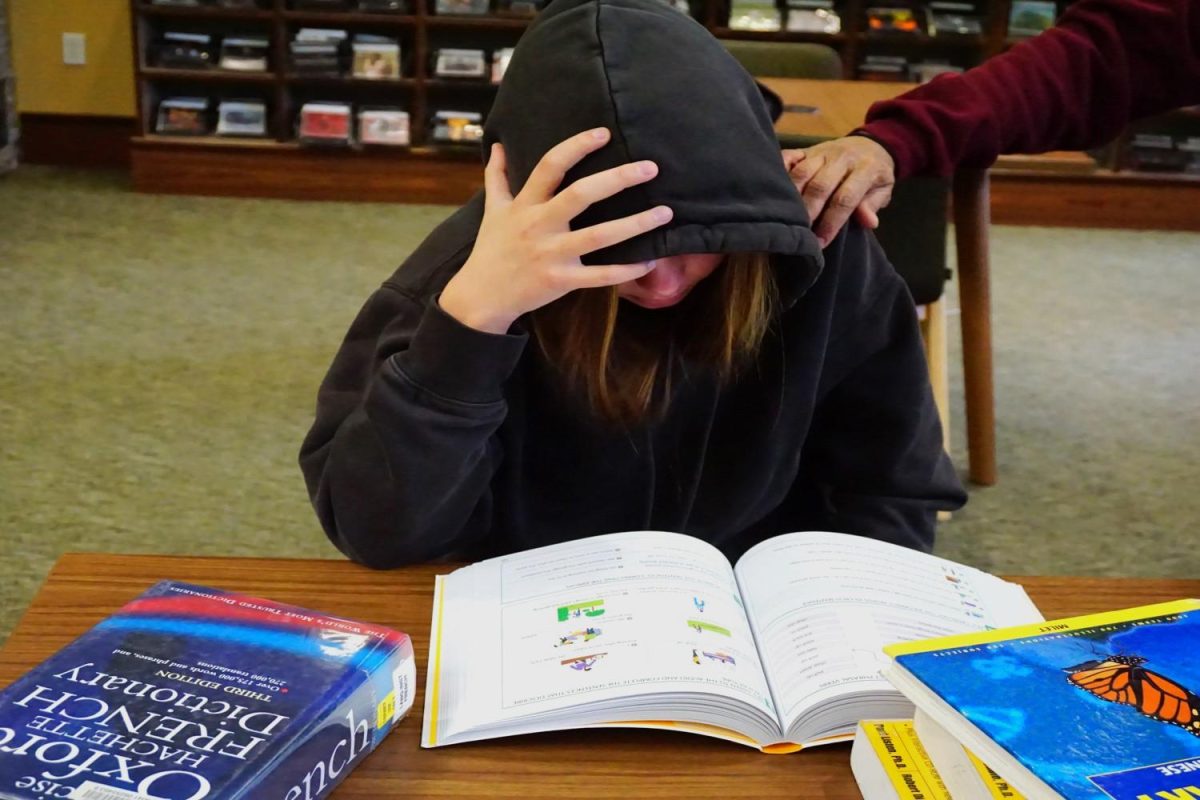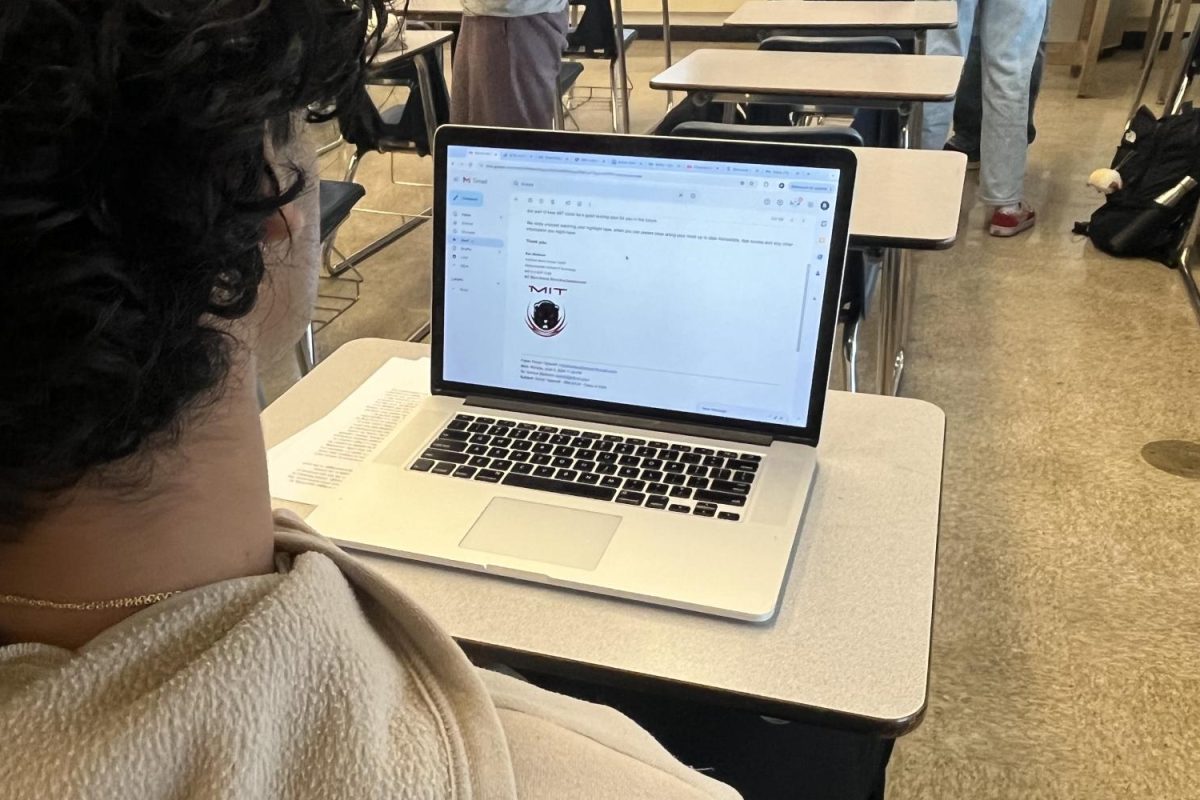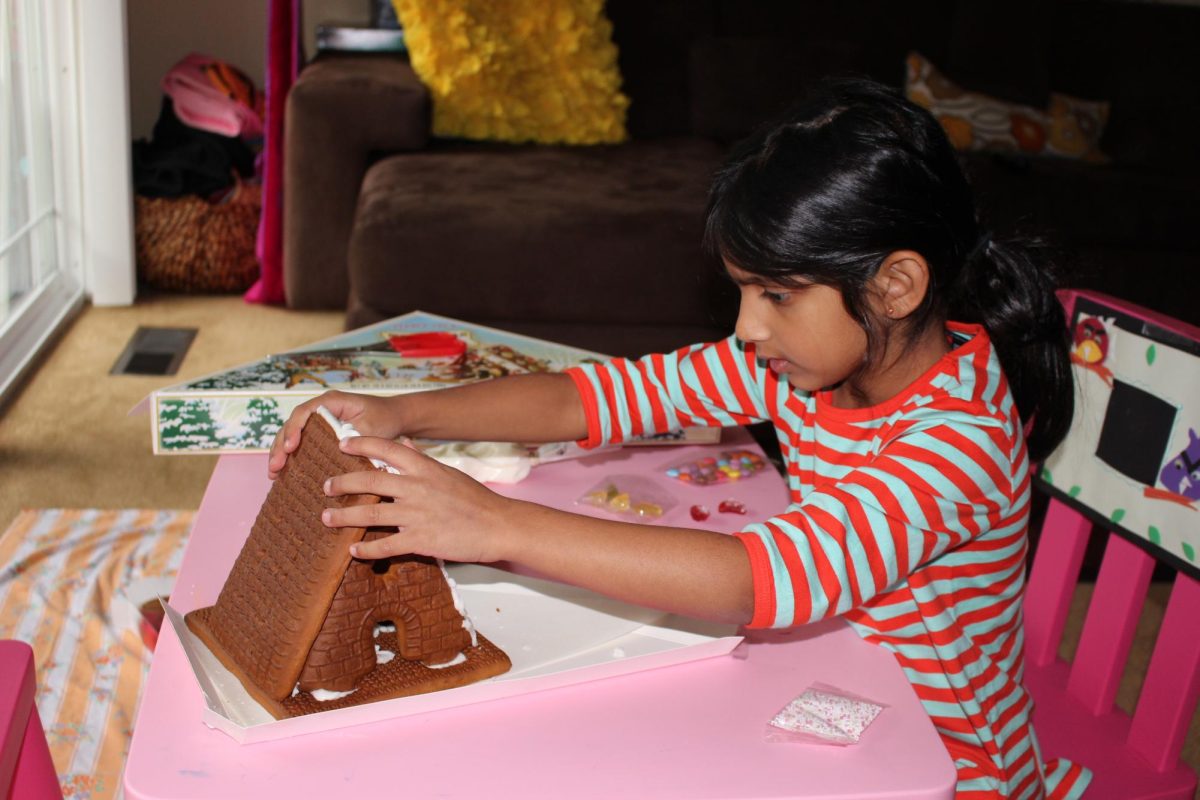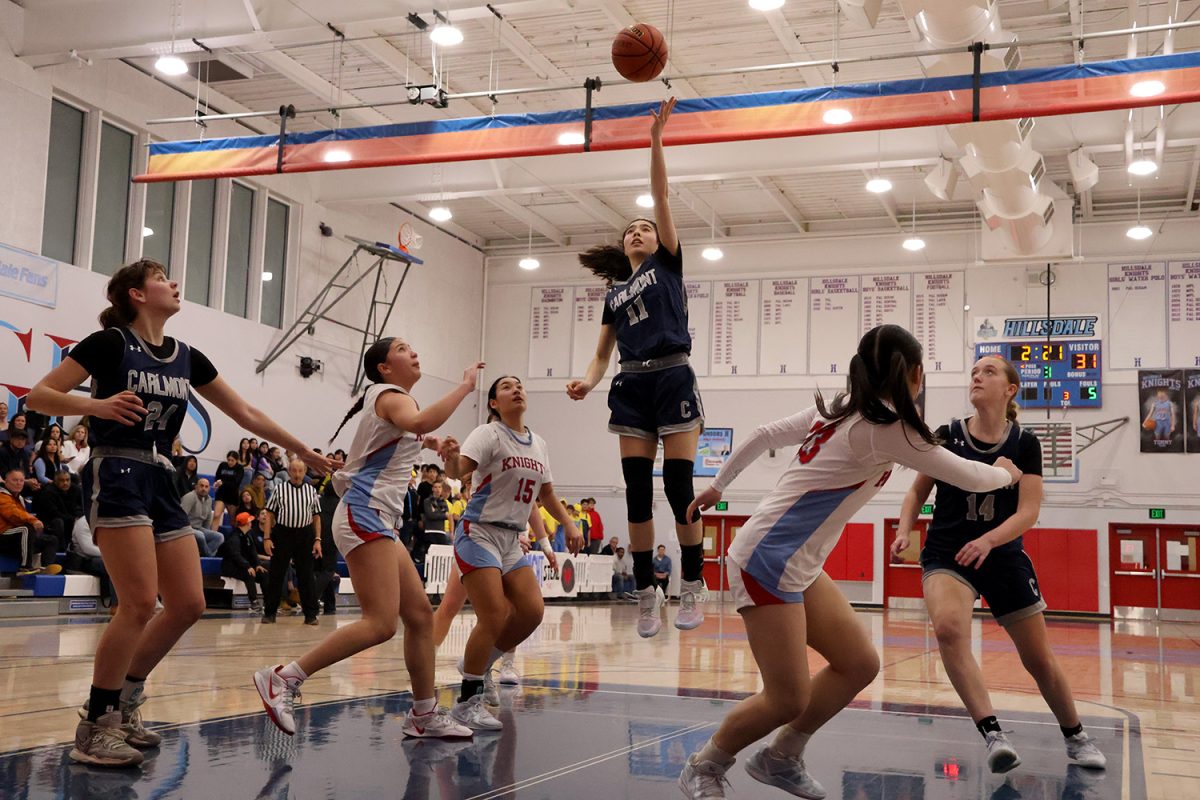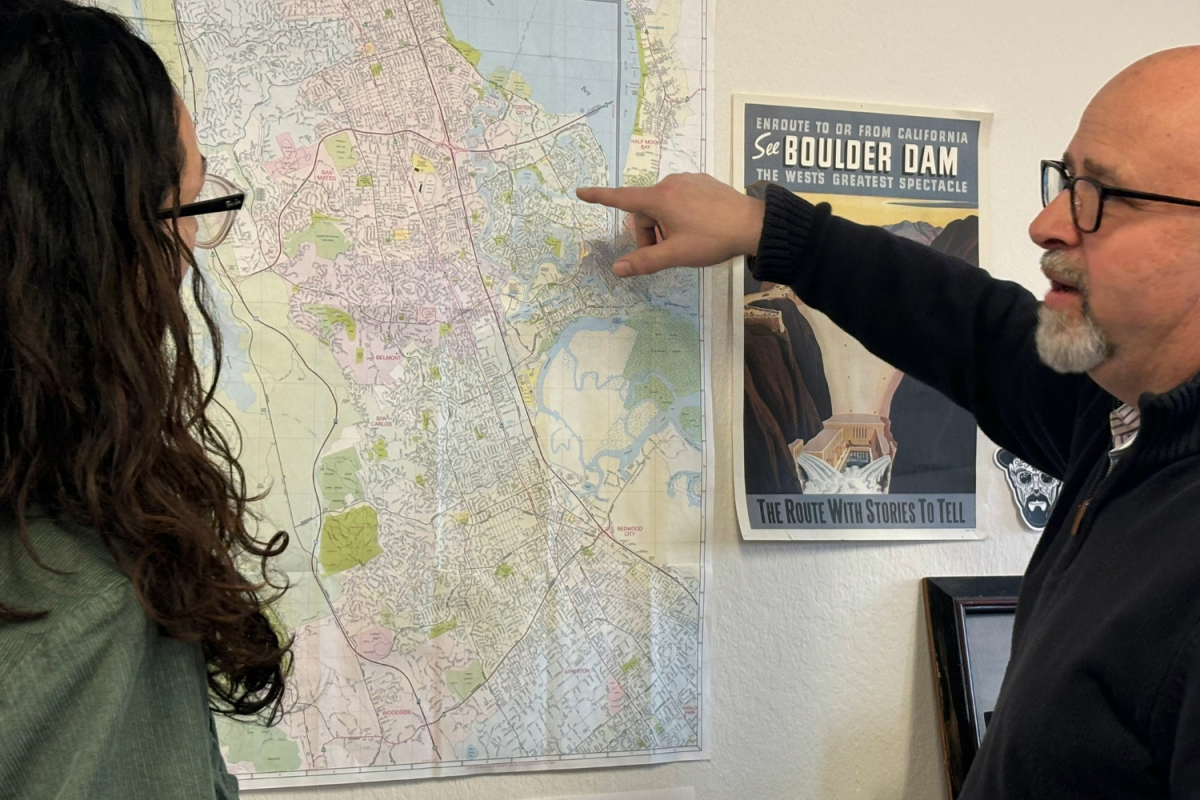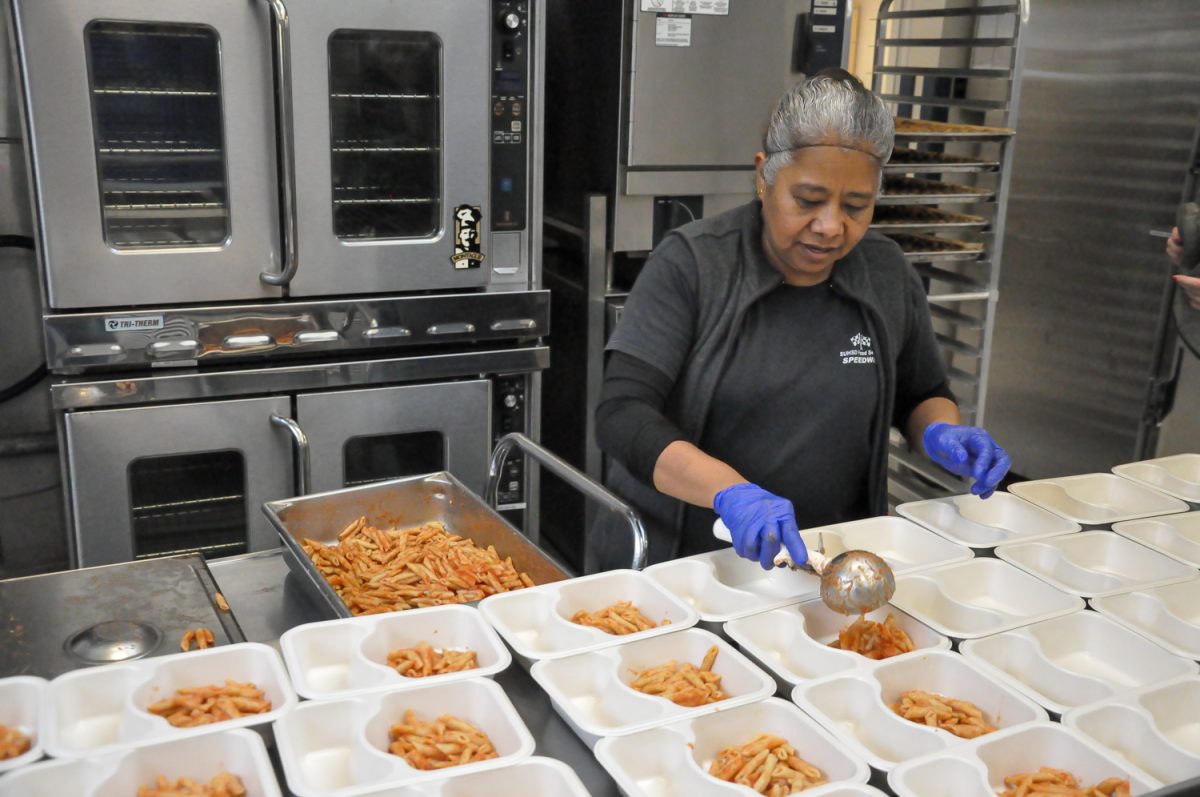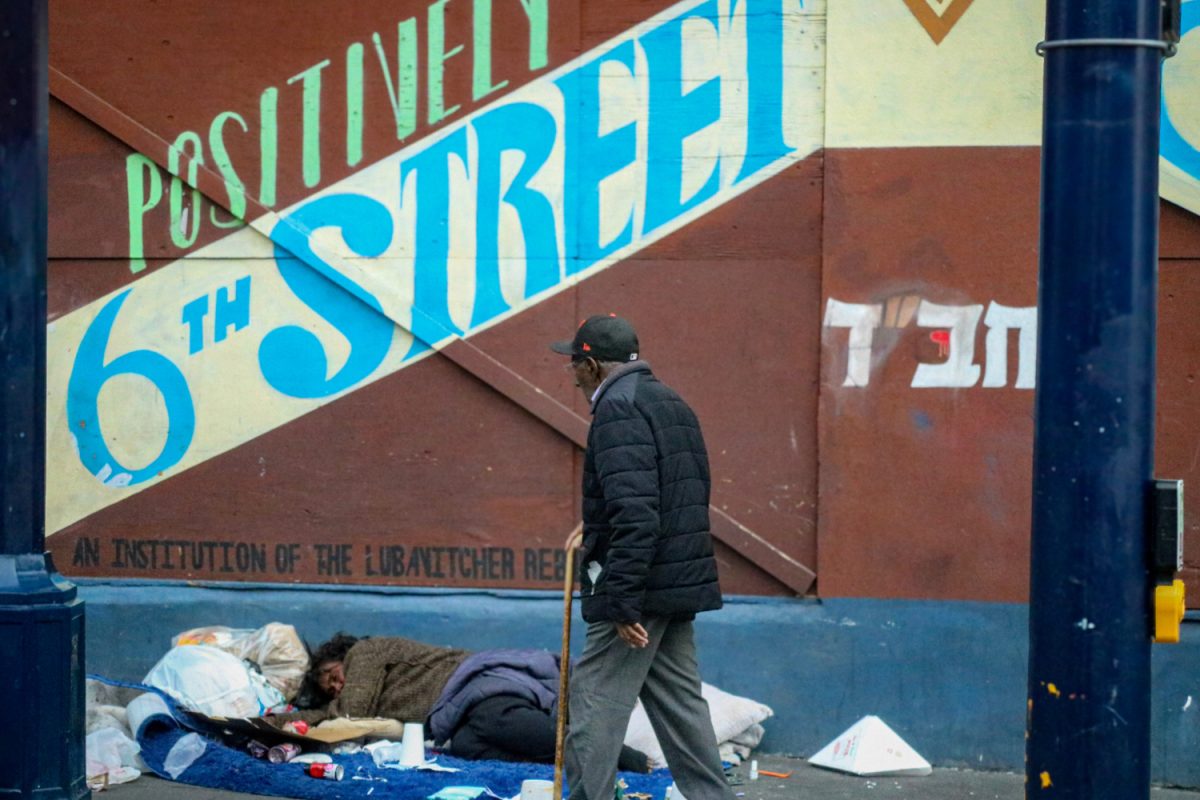With routine food checks, email notices, and quick actions, local schools and supermarkets are working to protect the community from nationwide food recalls due to the ongoing Listeria outbreak.
Listeria is a food-borne bacterial illness found in foods that have come in contact with contaminated soil or water. An outbreak of the bacteria has had a nationwide effect, recalling millions of pounds of ready-to-eat food items and deli meats. The latest recall for various frozen waffle brands was on Oct. 18.
“The most recent one being the Kodiak waffles. We destroyed them once we found out,” said Sharon Lee, the acting manager at Lunardi’s Markets.
While TreeHouse Foods’ Kodiak waffles were the most recent Listeria recall of 2024, there have been several others. The Boar’s Head’s recall of 7.2 million pounds of ready-to-eat deli meats, primarily liverwurst, was the most fatal, hospitalizing 59 and killing 10 people infected with the bacteria.
“Bacteria normally can cause problems if it gets into our food supply, and if we then ingest it, it can cause a lot of different sicknesses, like stomach upset, diarrhea, vomiting, etc,” said Melissa Hero, a biology teacher at Carlmont.
The Listeria bacteria, although rare, can be fatal in some cases. According to the Mayo Clinic, the bacteria rarely affects healthy people but can seriously harm those with weakened immune systems. The discovery of the bacteria in food is the reason behind Listeria-related recalls.
Recalls for any type of food can be found in the news, stores, and online. Establishments where the food has been distributed are among the first to be notified by food-safety organizations, which include the Food and Drug Administration (FDA) and the United States Department of Agriculture (USDA).
In the event of food recalls, both Lunardi’s and the Sequoia Union High School District (SUHSD) will receive notices. For SUHSD, these notices emphasize if recalled items have been distributed to schools.
“None of our products or manufacturers have been listed; additionally, the USDA and CDE Nutrition Services Division sends us notices of breakout, especially if they are or were distributed to schools in any way,” said Sandra Jonaidi, the director of food services for the SUHSD.
As for Lunardi’s, Lee said the notices come with instructions on how to handle the item.
“We get notices from our email; we pull the item right away, and they tell us to destroy it,” Lee said.
The directions to destroy the recalled product fall hand-in-hand with the advice from FoodSafety.gov, which also includes instructions for customers to return recalled items to stores. In the event of a recall, Lundardi’s will destroy and allow customers to return all affected items.
“If customers bring in any recalled items and hear about the recall, we’ll take it back no problem,” Lee said.
Lunardi’s is not the only one following this advice. Although the SUHSD has not received any recalled items, their plan for such an event would be similar.
“Recalled items are immediately removed from our inventory and disposed of in a safe manner,” Jonaidi said.
Disposing of recalled items is just one of the preventative measures the SUHSD has in place for the safety of its students and staff members. Along with regularly checking to ensure the safety of their products, they also maintain safe and clean food environments.
“We as staff are subject to all being certified safe food handlers, have two health department inspections annually, and ensure that our kitchens always operate within the guidelines. Also, whenever there is anything to worry about, the product is disposed of even if the product on our shelves is deemed safe but, for some reason, does not meet our standards,” Jonaidi said.

